It’s difficult to determine the best bedtime for your kids sometimes. Just like adults, kids need varying bedtimes based on age or ability to fall asleep. Every human being has their personal internal clock that tells them when to be sleepy and when to be awake. This doesn’t work out very well for kids, because it’s their parents who must determine the best time for kids to go to bed.
Today we’re diving into the topic to discuss what time your kids should go to bed based on age. Each of these tips is meant to provide you with the guidance to get your kids in bed on time and establish a bedtime routine that will help your kids fall asleep easier.
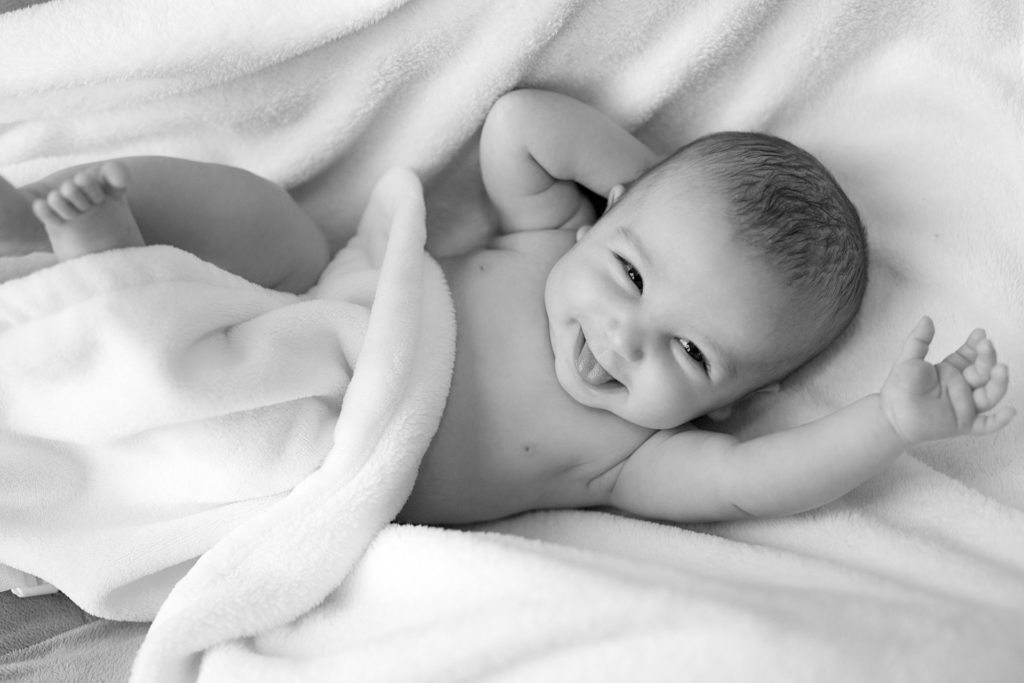
Newborn to 1 Month Olds
During this time your kid will be asleep more than awake, as they’re just new to the world and pretty much need to eat and sleep. With that being said, here are some tips on a good bedtime for newborn to 1 month old babies:
- Your newborn to one month old will sleep 16-18 hours per day.
- You’ll want to have feedings every 2-4 hours.
- Take your cues from the baby during this stage in parenthood.
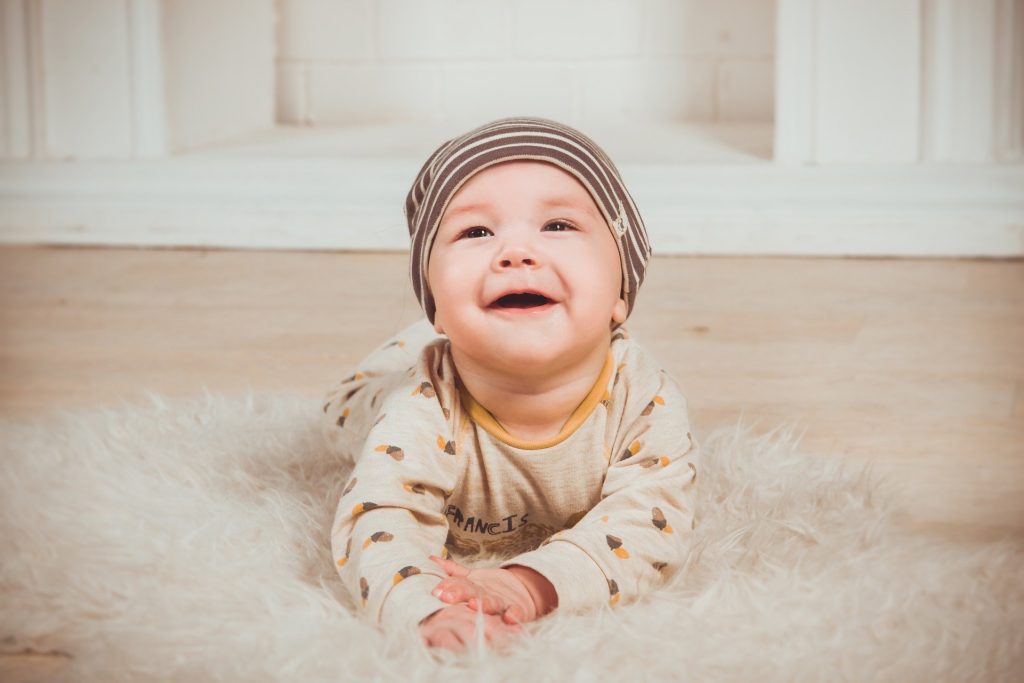
Three to Four Month Olds
You’ll start to see a sleep pattern develop with your kids during the 3-4 month stage. Be mindful of when your baby seems sleepy or hungry so that you can continue to meet their needs. As far as sleep, here are some tips on a good bedtime for 3-4 month olds:
- Your 3-4 month old will sleep about 15 hours per day, with the majority of that time being overnight hours.
- You’ll find that your 3-4 month old starts developing deep sleep patterns and light sleep patterns, but don’t worry these are all natural steps of development.
- You’ll want to be mindful of how your baby acts, feels, and sleeps during this stage and do your best to adapt a routine that mimics their natural sleep patterns.
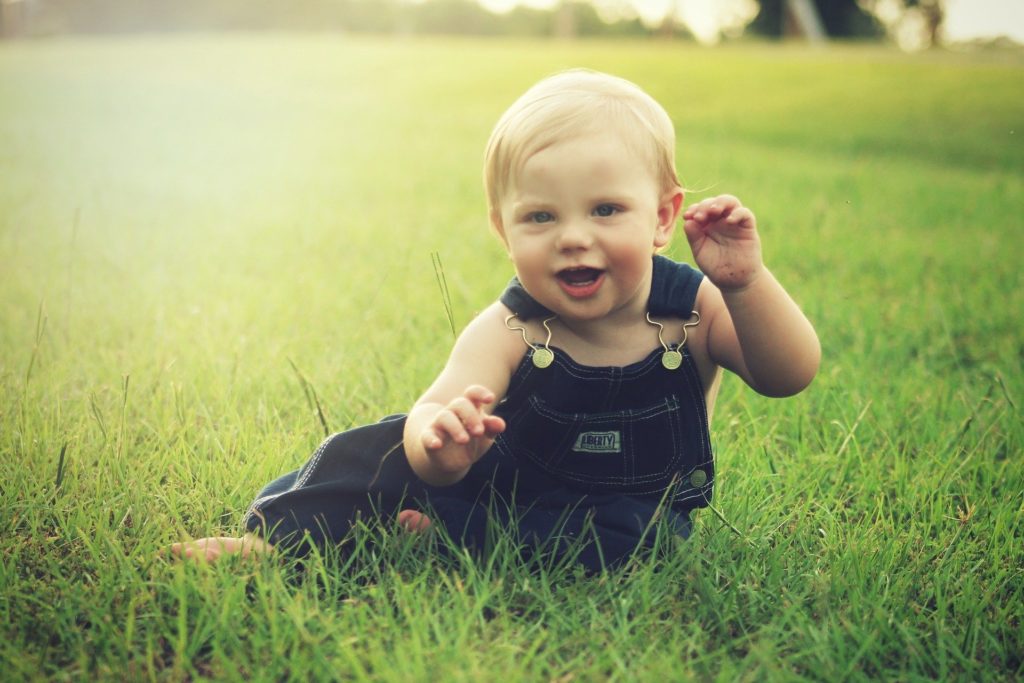
Five to Nine Month Olds
Another milestone will be reached when your kids get to be about 6 months old. Professionals say that if your kid is still waking up for the middle of the night feedings that it may be a learned behavior and you’ll need to work to correct this behavior. At this time, we recommend the following tips for a good bedtime routine for your 5-9 month old:
- If your baby wakes up, try to give them some time to soothe themselves back to sleep.
- Work with your baby to learn what time they seem to be sleepy and slowly adjust their bedtime routine to mimic their sleepy time schedule.
- You’ll need to play around with the time your baby should go to bed, but eventually, you’ll morph the time into something that keeps baby asleep for at least 8 hours.
Toddlers Ages 1-3 Years
You’ll find that by 18 months your kids have a “normal” sleep routine where they go to bed and sleep for a reasonable amount of time. Some toddlers need a nap during the days which can run from 1-2 hours. Be sure the naptime doesn’t coincide too closely to bedtime or else you’ll have a toddler awake during the night. Here are some tips for setting a bedtime for your toddlers:
- Toddlers’ ages 1-3 years old may need a 1-2 hour nap daily.
- Try not to run into your toddler’s bedroom each time they yell for you to come in the middle of the night so they can develop self-soothing options to fall back asleep.
- Remain consistent in all areas of bedtime so that your toddler doesn’t develop poor bedtime habits such as getting into your bed in the middle of the night.

Preschoolers Ages 3-5 Years
During this stage, your baby has become an older child that’s no longer a toddler, but rather pretty close to being an elementary kid who will need to have better sleep routines for their long daytime hours. A system that gets your preschooler to sleep at the same time each night, and remains routine for them will help determine the best time for bedtime during this stage. Here are some tips for getting preschoolers ages 3-5 years to sleep at the best time for their growing mind and body:
- Be mindful of habits and situations that can deter your preschoolers from sleeping through the night.
- During this stage, nightmares may become a part of your kids’ life. Do your best to assure them that these are not real, and provide them with a stuffed animal or soothing sound machine that can encourage self-soothing.
- Create a rewards and consequence system that encourages good sleep habits with your preschoolers.
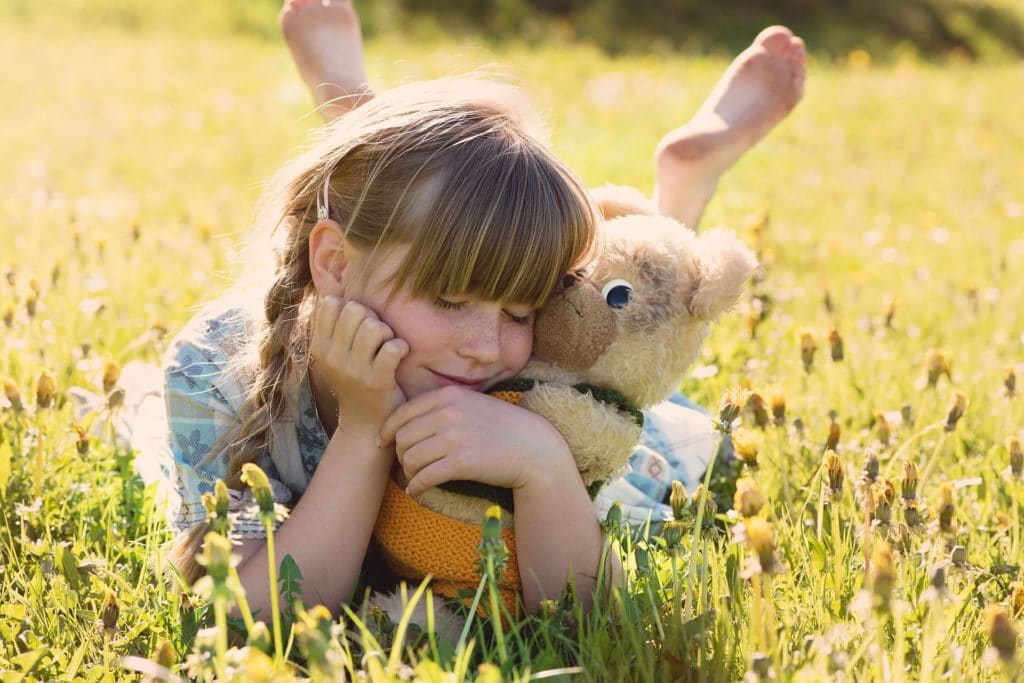
Kids Ages 6 to 11 Years
This is the stage where your kids will start falling asleep later yet waking up at the crack of dawn. This is the stage when parents get super frustrated because their kids think that it’s okay to get little sleep and are a little more difficult to handle. Here are some tips to help you determine what time your kids’ ages 6-11 years old should go to sleep:
- Your kids are independent now, and want to have a bedtime that makes sense to them, but do your best to listen and be firm about what you feel is their best bedtime.
- Consider using a book light lamp so that your kids can read when they’re in bed but unable to sleep.
- Continue to use a rewards and consequence structure to encourage healthy sleeping habits with your tweens so that they can continue these habits into the teenage years.
These are just some of our tips to help you learn what time your kids should go to bed. As with every human being on Earth, kids are individual people who will ultimately have their own sleep patterns. Do your best to practice mindfulness to learn how your kids sleep best and what time will allow them to get a solid 8-10 hours of sleep per night, depending on their age and sleep needs.



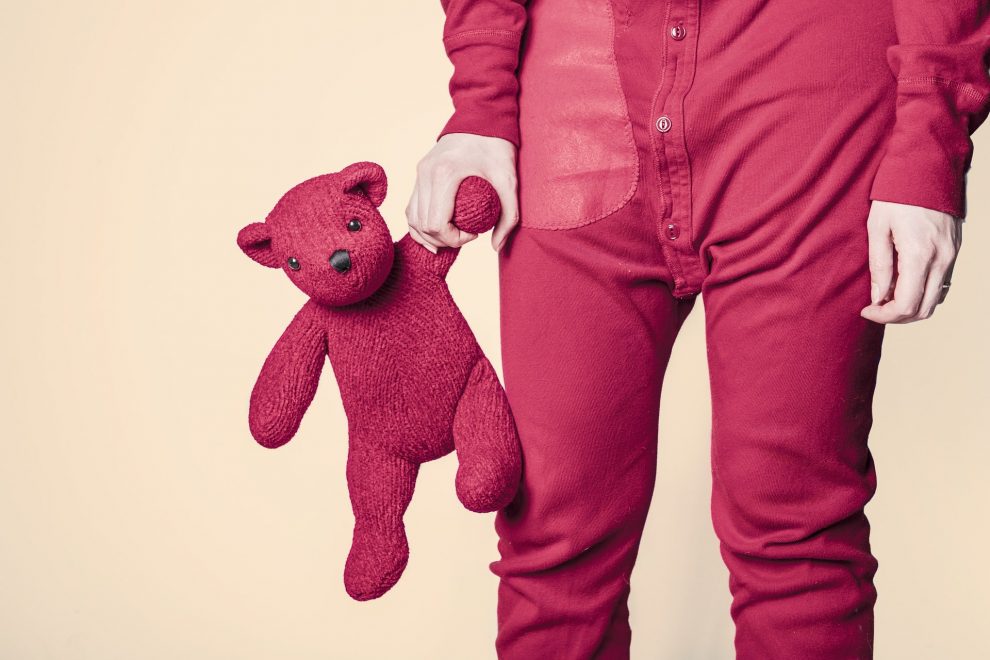



Add Comment